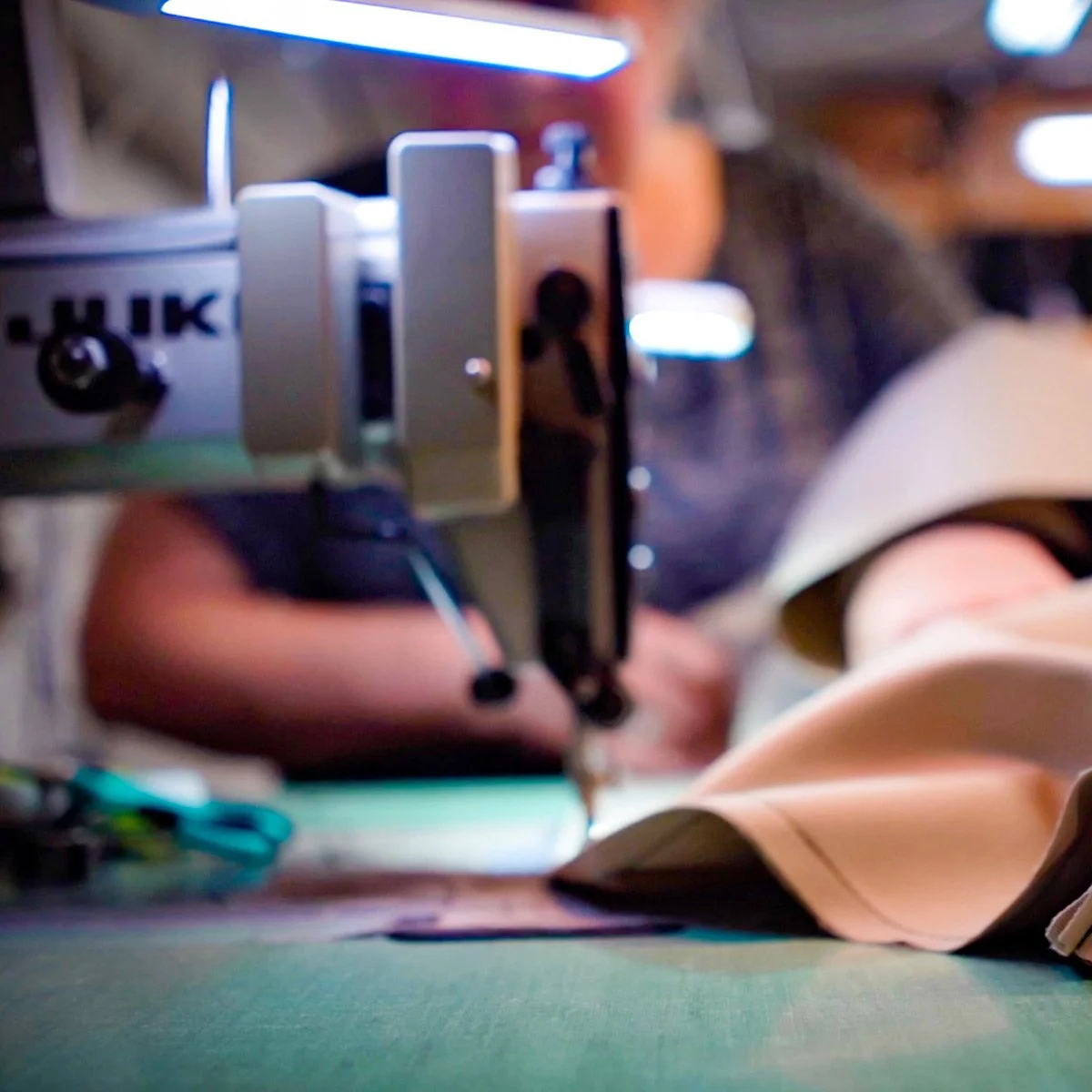What “Made in the USA” Really Means (and Why It Matters)
What Does “Made in the USA” Actually Mean?
You've seen the label “Made in the USA.” It’s stamped on everything from clothes to electronics to industrial goods, but what does it actually mean? According to the Federal Trade Commission (FTC), a product can be marketed as Made in the USA only if “all or virtually all” of it is made in the United States. That includes all significant parts, processing, and labor.
This label isn’t just patriotic—it’s a mark of origin, accountability, and often, quality.
Key Requirements for “Made in the USA” Labeling
To legally use the “Made in the USA” claim, companies must meet strict criteria:
All significant parts and processing must originate in the U.S.
Final assembly must take place on American soil
Only negligible foreign content is allowed
The FTC monitors and enforces false “Made in the USA” claims, so legitimate manufacturers who meet these standards take pride in the label.
Why “Made in the USA” Matters to Consumers
Quality Assurance
Products manufactured in the U.S. are often held to higher quality standards, especially in industries like textiles, electronics, and industrial goods. American factories must comply with rigorous labor, safety, and environmental regulations.
Supports American Jobs
Buying American-made supports local economies and creates jobs. According to the Alliance for American Manufacturing, if every U.S. household spent just $64 on American-made goods, it would generate over 200,000 new jobs.
Faster Turnaround & Lower Emissions
Domestic production often results in shorter lead times and reduced carbon footprints since products don’t need to be shipped halfway across the globe. This makes American manufacturing a smart choice for both efficiency and sustainability.
Common Misconceptions About “Made in the USA”
1. Assembled in the USA = Made in the USA
Not necessarily. “Assembled in the USA” might mean that components were imported and only put together in the U.S., a lower standard than full domestic manufacturing.
2. American Brand = American Made
Not all U.S.-based brands manufacture domestically. Always check the label or website to confirm.
3. Made in the USA is Always More Expensive
While some American-made products may cost more upfront, the quality, durability, and ethical labor practices often result in better long-term value.
Our Commitment to American Craftsmanship
At Equip Inc., we proudly design and manufacture custom industrial covers at our Colorado Springs facility. While not all of our materials qualify under the strict “Made in the USA” guidelines, we prioritize sourcing from domestic suppliers whenever possible. Our local production approach supports American jobs and ensures high-quality, durable, and weather-resistant solutions tailored to each customer’s needs.
Final Thoughts: The Real Value of “Made in the USA”
Choosing Made in the USA products means more than supporting a label. It’s about:
Encouraging ethical labor practices
Reducing environmental impact
Building stronger communities
Investing in long-lasting, high-quality goods
So next time you're shopping—whether it's for clothing, tools, or custom protective covers—look for that “Made in the USA” label. It represents more than origin; it represents integrity.


